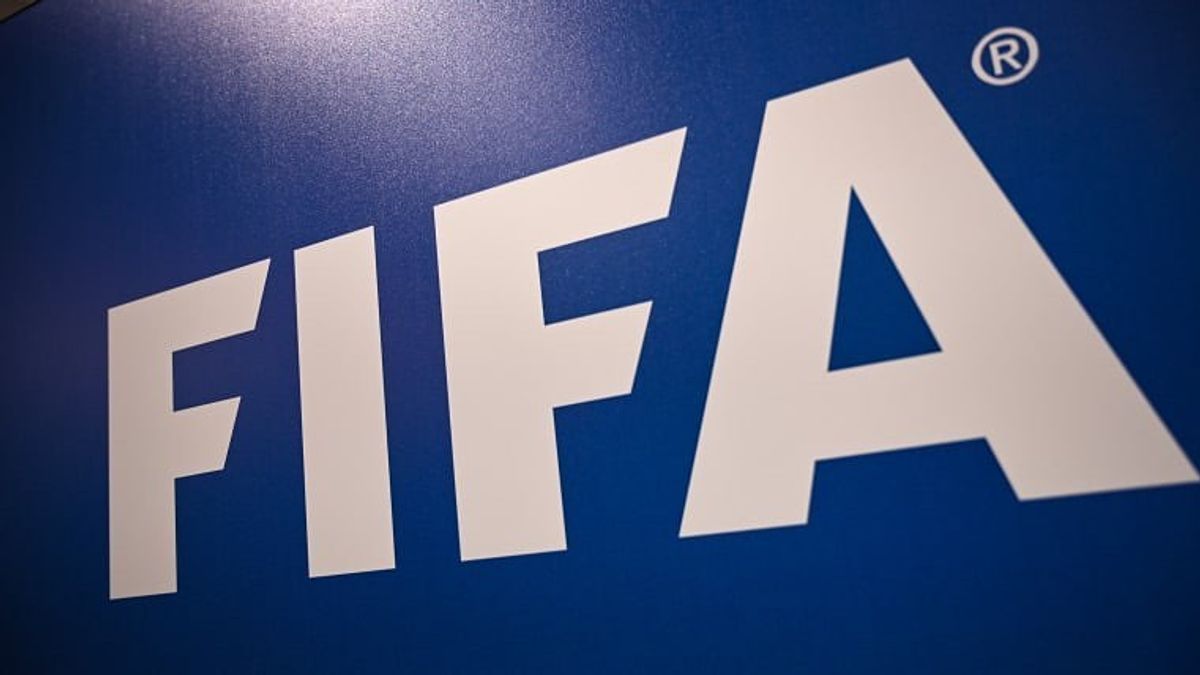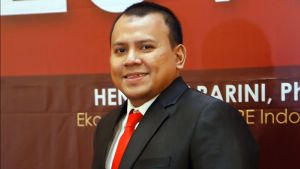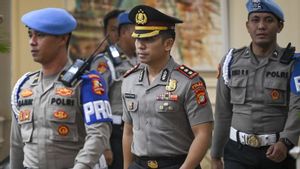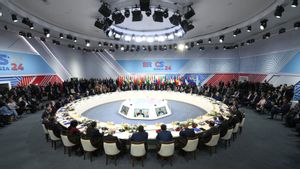JAKARTA - There is no football for human life. This expression continues to echo after the Arema FC versus Persebaya Surabaya match which took place at the Kanjuruhan Stadium, Malang, East Java, last October 1.
The Kanjuruhan tragedy left a deep sorrow and became a dark event in the history of Indonesian football, as well as the world.
More than a hundred lives died. This incident is very heartbreaking because it occurred in the midst of efforts to advance Indonesian football.
President Joko Widodo has also ordered the Kemenpora, Polri, and PSSI to conduct a thorough evaluation to temporarily stop Liga 1 until the evaluation and improvement of security procedures are carried out.
The government immediately moved quickly by forming an Independent Fact Finding Joint Team (TGIPF) led by the Coordinating Minister for Political, Legal and Security Affairs (Menkopolhukam) Mahfud MD.
The Kanjururan tragedy was in the spotlight considering that many victims had fallen, 125 people were reported to have died. So what went wrong and what lessons can be learned from this tragic event?
Quoted from Antara, in a football match, FIFA has rules through FIFA Stadium Safety and Security Regulations.
The thick rules of about 112 pages explain in detail the things that must be considered regarding the organization of football matches.
The regulation of the BRI Liga 1 2022/2023 competition also refers to the regulation. Alleged in Article 4 concerning security and comfort. Precisely point 4 which reads:
The home club made a security plan containing statements from all parties related to the scope of security including stadiums and hotels where the club guests and match equipment were staying. This security plan was made by referring to the FIFA Stadium Safety and Security Regulations and regulations, the PSSI circular is in effect.
FIFA Stadium Safety and Security Regulations is indeed detailed in explaining what to do when holding a match.
Even long before the match started, there were articles that regulated and could very well be the basis.
For example, in Article 6 the challenge of the Stadium Safety and Security Planning. Then in the next article, it is also explained again what steps must be taken by stadium security officers.
The stadium security officers include all stakeholders, including the organizing committee, police, emergency teams, and so on.
They have their respective duties, authorities, and functions in accordance with the existing rules in the FIFA Stadium Safety and Security Regulations.
Departing from there, stadium security officers are required to make risk management by analyzing all the possibilities that will occur in a match.
Dalam membuat analisis risiko tersebut harus juga memperhatikan sejumlah aspek. Salah satu poin menyatakan dalam Pasal 7 poin 3 (a) "Historical entity between teams or their supporters".
In other words, organizers must pay attention to the history of the competing team and supporters.
When linked to the Kanjuruhan Tragedy, the two teams competing are Arema FC and Persebaya Surabaya which have a history of rivalry. Including the two supporters Aremania and Bonek.
In this case, the organizers certainly understand and take appropriate steps by prohibiting Bonek from entering the Kanjuruhan Stadium.
But does it stop there? Of course not. Security officers must also be able to read what the situation will be if the home team loses or wins.
In last week's match in Kanjuruhan, Arema, which was witnessed by tens of thousands of supporters, lost with a score of 2-3.
Aremania certainly felt disappointment at that time. They vented it by taking to the field which became the beginning of the Mirror Tragedy.
From here, security officers should be able to predict and anticipate. Of course with risk analysis that has been made long before the day of the match.
From the analysis that was explained earlier, there will be mitigation or efforts to reduce risk by making appropriate security measures. This is stated in Article 9 concerning the Stadium Contingency Plans.
At point 2(e) related to mass control, it is explained that there will be chaos in stadiums, stadium density, ticket forgery, and illegal ticket sales, emergency evacuation, and so on.
Then there is Article 10 concerning the Emergency Plans Stadium. Everything has been arranged in detail in FIFA Stadium Safety and Security Regulations.
The English, Chinese, Japanese, Arabic, and French versions are automatically generated by the AI. So there may still be inaccuracies in translating, please always see Indonesian as our main language. (system supported by DigitalSiber.id)












